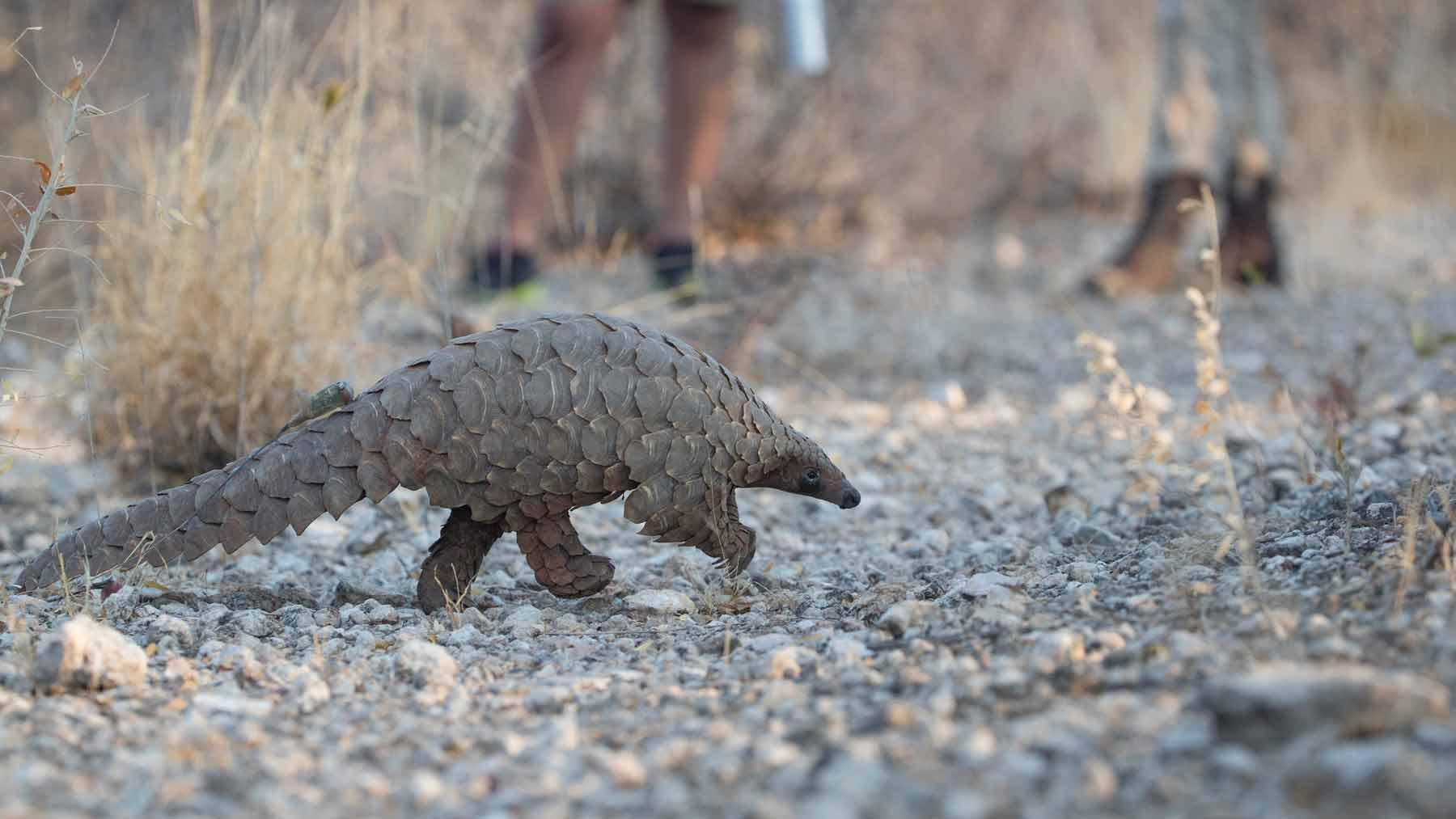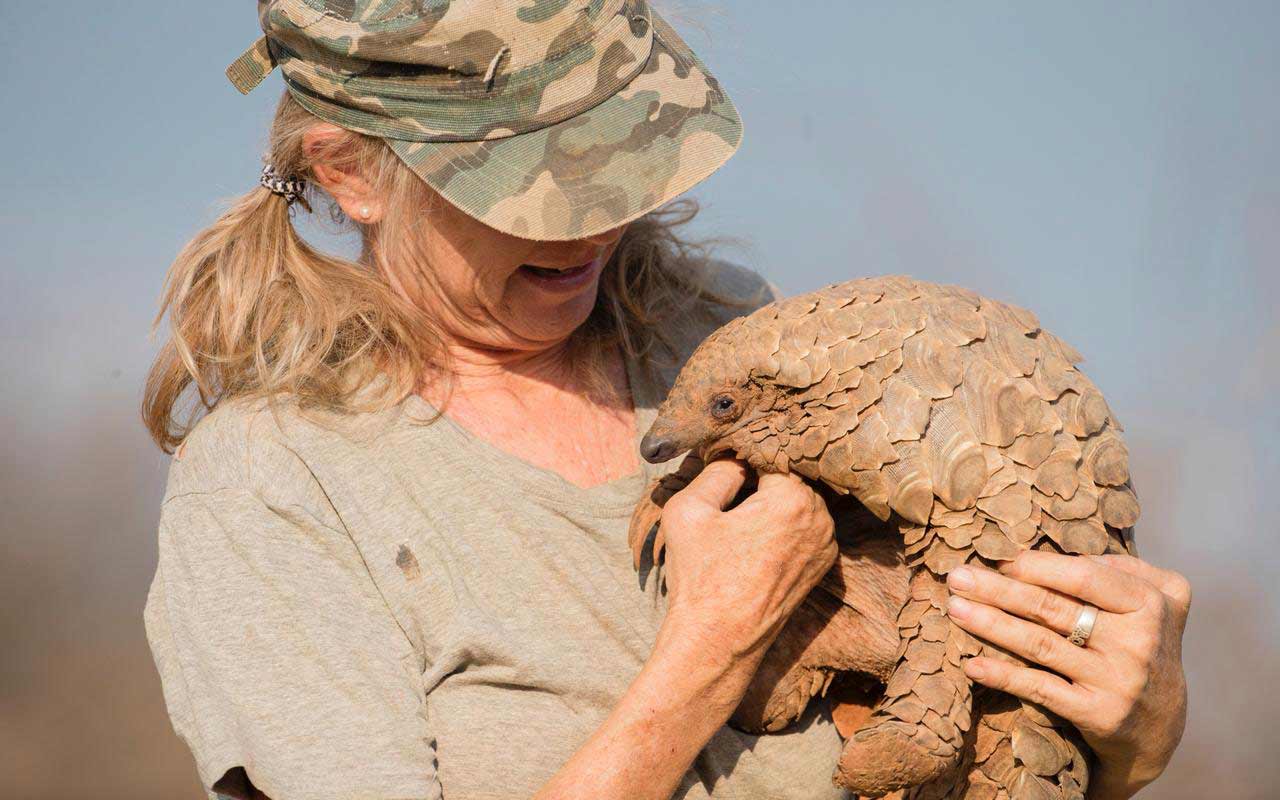In the last decade, 1 million pangolins were trafficked.

Pangolins desperately need protecting. By sharing this film and raising awareness about the plight of pangolins, you can be the voice that they don’t have. Let’s help to save them from extinction by joining together and supporting these remarkable organisations.

Pangolins are known for their incredibly long tongue, which is longer than their entire body. Using their tongues, pangolins eat up to 70 million insects a year.
This means that they play a critical role in maintaining the health of the ecosystem in which they live. Their disappearance from these ecosystems could have lasting detrimental impacts on other species.

A further threat to the survival of pangolins is how challenging it is for them to survive in captivity after being rescued before they are ready to be released back into the wild. Pangolins have a highly specialised diet and will only eat food that they have found themselves. This, combined with the lasting effects of the stress and emotional trauma they have endured, often leads to pangolins having a very low survival rate.
Despite the challenges involved in conserving pangolins, there are so many incredible organisations and individuals like WildAid, PAMS Foundation, Pangolin Africa and Rare and Endangered Species Trust who are working tirelessly to protect pangolins. World Pangolin Day is a day dedicated to honouring these incredible animals and creating awareness around the plight they are facing. We also want to celebrate and support those doing critical work to bring pangolins back from the brink of extinction.

